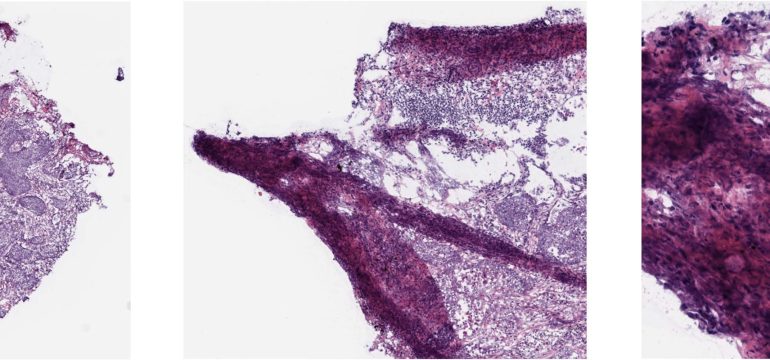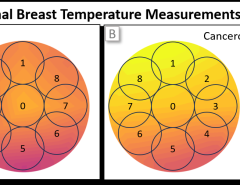Authors: Kasra Borazjani, Naji Khosravan, Leslie Ying, Seyyedali Hosseinalipour
Published on: January 07, 2024
Impact Score: 8.15
Arxiv code: Arxiv:2401.03609
Summary
- What is new: Introducing a novel federated learning architecture that handles data modalities’ heterogeneity across different medical institutions.
- Why this is important: Existing multi-modal federated learning frameworks assume all institutions have access to the same data modalities, which is not the case in real-world scenarios.
- What the research proposes: A new federated learning architecture with distributed gradient blending and proximity-aware client weighting strategy to manage different convergence speeds and data modality availability.
- Results: The new method showed improved performance in cancer staging using TCGA datalake with mRNA, histopathological images, and clinical data as test modalities.
Technical Details
Technological frameworks used: Federated learning (FL)
Models used: Gradient blending, Proximity-aware client weighting
Data used: The Cancer Genome Atlas (TCGA) dataset
Potential Impact
Healthcare providers, hospitals, and medical data analysis companies may benefit or need to adapt their technologies to incorporate this new FL framework.
Want to implement this idea in a business?
We have generated a startup concept here: CancerScanAI.



Leave a Reply